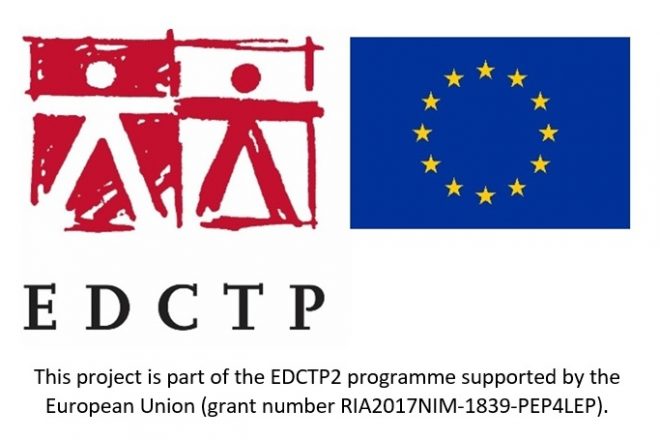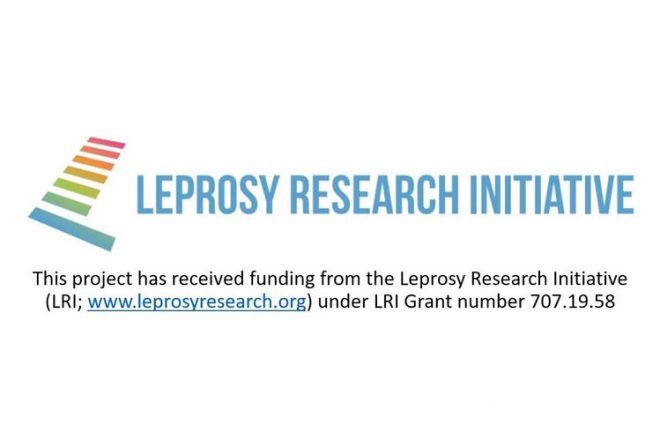Newsletter PEP4LEP – December 2022
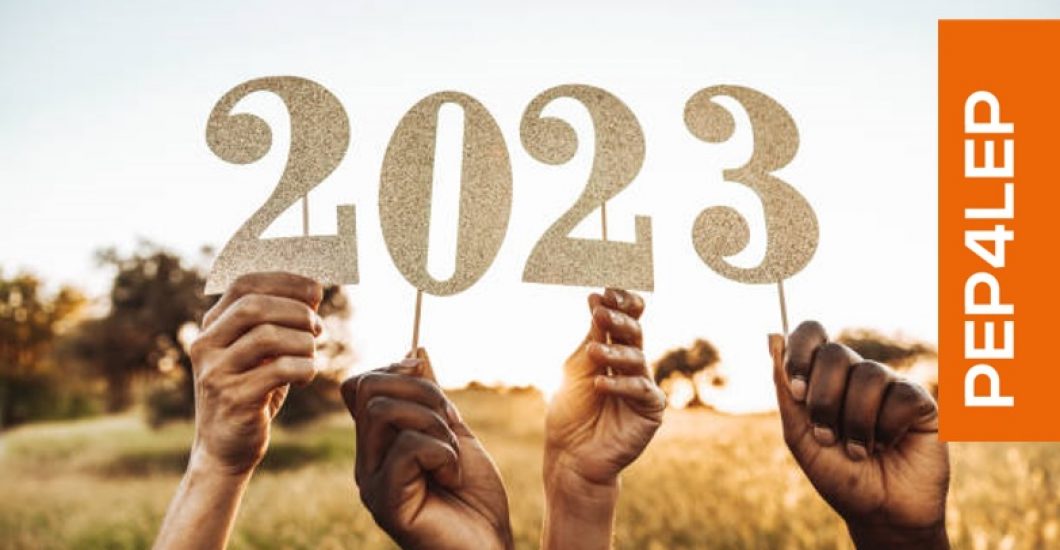
Dear all,
The PEP4LEP consortium would like to wish you all:
Happy holidays and a healthy 2023!
In the past year, we have experienced some great highlights! The PEP4LEP project extension request was approved by EDCTP which is very good news. The project will now run until September 2024; participants’ inclusion is expected to take place until the end of March 2024.
Highlights
Consortium members presented on various occasions, including International Federation of Anti-Leprosy Associations (ILEP) meetings, the NNN conference and ILC conference (scroll down for pictures and personal ILC experiences). In addition, six PEP4LEP articles were published in open access peer-reviewed medical journals in the past project year of which four in the September 2022 issue of Leprosy Review. Ethical approval renewal was obtained in Ethiopia, Mozambqiue and Tanzania. The PEP4LEP teams in these countries did great work; despite challenges like COVID-19, floodings, civil unrest and medication shortages, many new index patients and contacts have been included. An important milestone has been reached at the end of this year: 50% of the participants have been included! We would like to congratulate everybody with this amazing result.

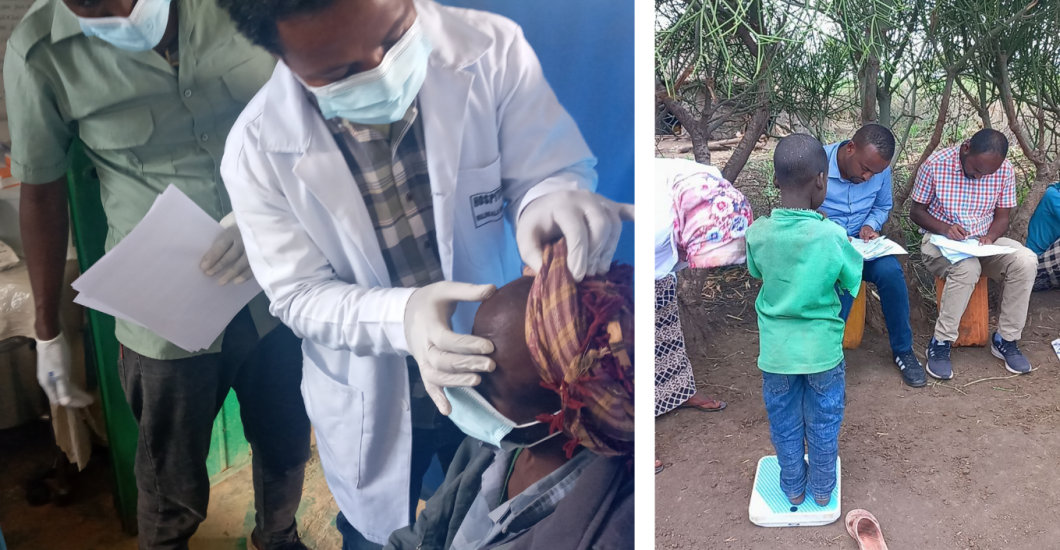
Ethiopia
The team in Ethiopia can proudly look back at a very productive 2022. They have conducted many skin camps while also providing support and supervision to the technicians working at the health centres. The team has encountered many challenges like inaccessible areas because of rain and the migration of community members, however by readjusting their activity plan they managed to achieve their goals in the rapidly changing reality. Well done! In 2023, Ethiopia will be the first country to start the acceptability study, which involves intensive, large-scale qualitative data collection. We look forward to them sharing their experiences.
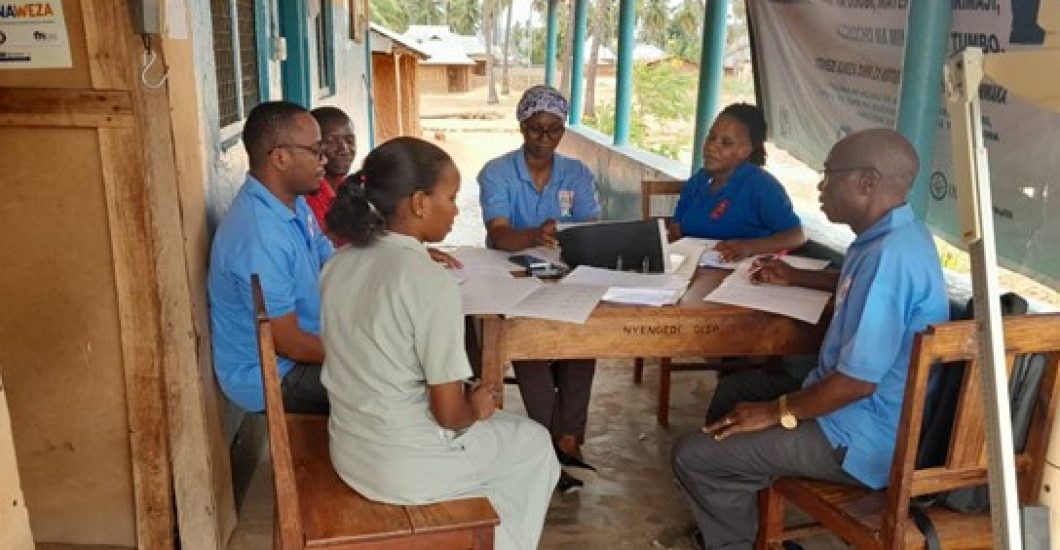
Tanzania
In Tanzania, the team continued their great efforts throughout 2022. The team managed to conduct many skin camps and identified 65 different skin diseases through screening. One out of five of the skin camp participants, 20%, had more than one skin disease. The team is doing an important job helping people to get diagnosed and finding treatment for these conditions. We are certainly curious about the upcoming results on the usage of the SkinApp in support of diagnosing and management of the skin diseases. Let’s see what will be shared about this in 2023!
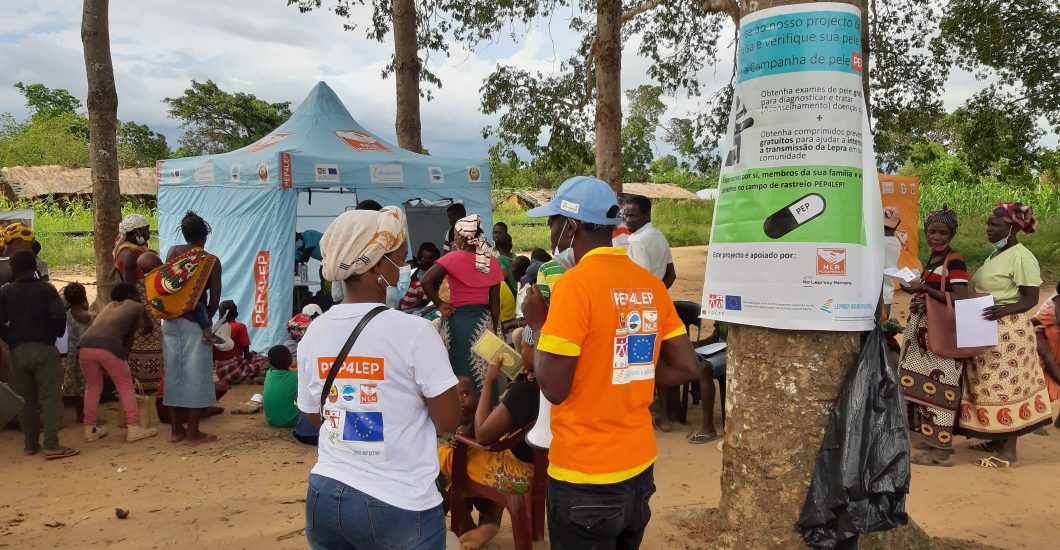
Mozambique
In 2022 the team in Mozambique reached a major project milestone: the first skin camp in the country took place in April. After providing a refresher training for the involved health staff, the team succeeded in organising 26 skin camps within just 6 months. As an important discovery, they encountered a high prevalence of scabies in one of the districts which they reported to the local health authorities. These interesting findings add to the various valuable lessons that can already be learned from the PEP4LEP project. We hope to learn even more from the team in Mozambique in 2023.
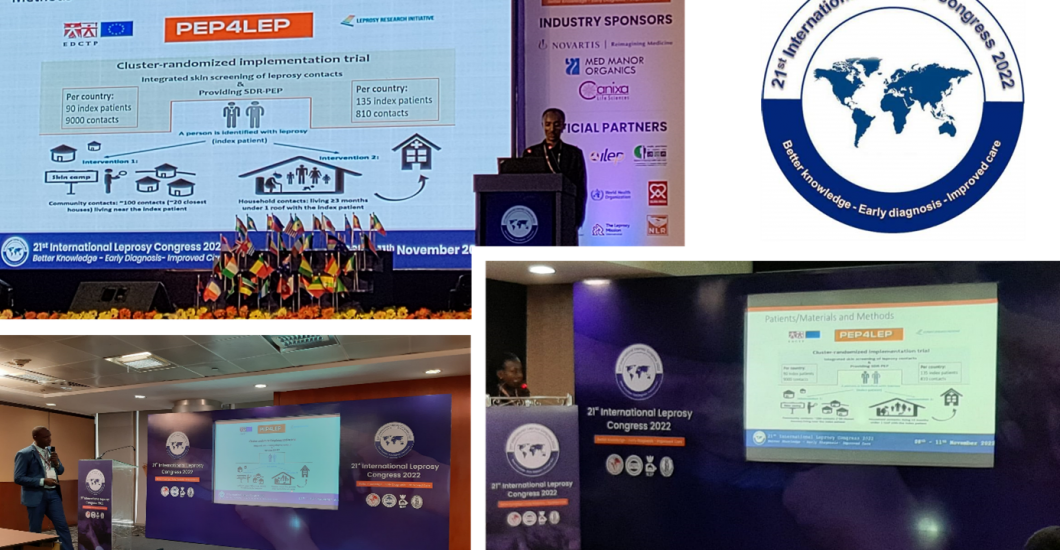
Experiences from the ILC
Last month (8-11 November 2022), the 21st International Leprosy Congress (ILC) took place in Hyderabad, India. The congress was a success, with many interesting presentations, discussions and networking possibilities to learn and strengthen international collaboration. The PEP4LEP PhD students also presented in India. Abdoulaye Marega from Mozambique shares his experiences:
“Participating in the ILC was an unprecedented opportunity, it allowed me to communicate my knowledge through the presentation of the preliminary results of the PEP4LEP project in Mozambique, but I also learned a lot on various topics about leprosy. At the congress, I enriched my relationship with several researchers around the world working on leprosy, my PEP4LEP PhD colleagues and I discovered India and its people in Hyderabad. The PEP4LEP project offered me the first opportunity for international scientific emancipation.”
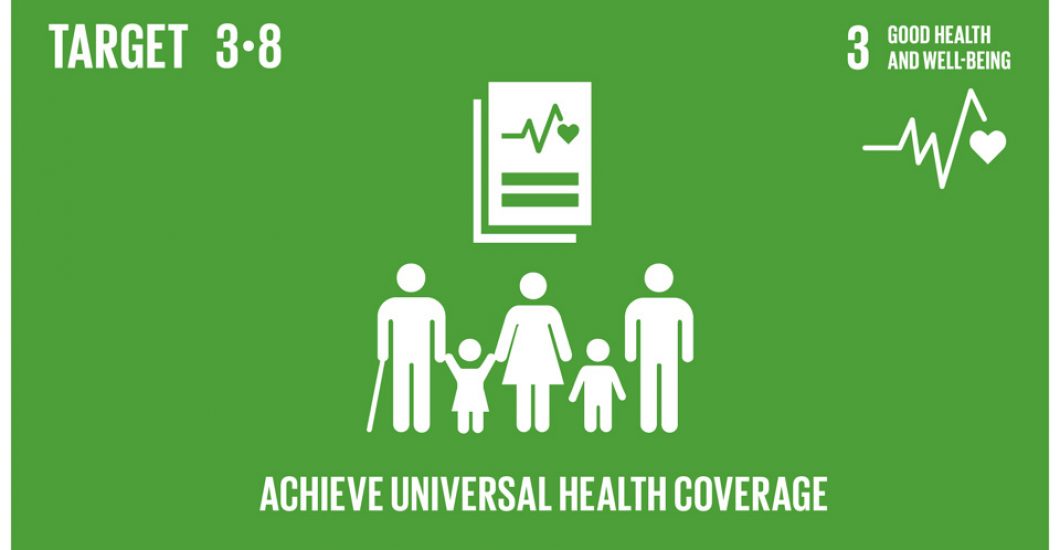
Medication shortages
The PEP4LEP project is still facing medication shortages. Impurities detected in the production process, ongoing production and transportation delays since the COVID-19 pandemic and rising shipping costs are affecting the global availability of loose rifampicin. The situation is especially challenging for Ethiopia and Mozambique. A shortage of leprosy treatment (multidrug therapy, MDT), a selection of skin medication and medication for leprosy reactions is also experienced in some project areas. The consortium is constantly monitoring the situation, searching for solutions and lobbying for the access to medication for people in need.
Our project contributes to the United Nations’ Sustainable Development Goal (SDG) number 3.8: “Achieve universal health coverage, including financial risk protection, access to quality essential health-care services and access to safe, effective, quality and affordable essential medicines and vaccines for all.”, but we have a lot of work ahead.
Other announcements from the leprosy working field
- Leprosy Research Initiative has announced two calls for proposals: a regular grant, with a focus on transmission related research, and a new research capacity strengthening grant for early career researchers. The deadline for the submission of letters of intent is 27 January 2023. More information can be found via: https://leprosyresearch.org/news/announcement-lri-call-s-for-proposals
- We are happy to announce that both Infolep.org and InfoNTD.org will soon launch a separate menu to search for practical materials! This new search functionality can be used by, for example, programme managers looking for (online) training courses, information & communication materials, standard operating procedures (SOPs), podcasts, guidelines and checklists. Please share your practical materials with info@infontd.org so that they can be added to their database for sharing with the wider leprosy and NTD community!
- After publishing a factsheet on SDR-PEP (https://www.leprosy-information.org/resource/factsheet-sdr-pep-latest-research-single-dose-rifampicin-post-exposure-prophylaxis), the ILEP Technical Commission, Global Partnership for Zero Leprosy (GPZL) and Infolep collaborated to produce another factsheet on leprosy reactions. This document provides essential information on how to classify and manage reactions before, during, and after leprosy treatment: https://www.leprosy-information.org/resource/factsheet-leprosy-reactions-classify-and-manage-reactions-during-and-after-leprosy The factsheets can be used by programme managers, health workers, students, policy makers and researchers. They are available in English, French and Portuguese.
Looking forward to…
- 27–31 March 2023, the WHO Global Meeting on Skin Neglected Tropical Diseases (NTDs) will be held in Geneva, Switzerland and online. Abstracts can be submitted up to Friday 20 January 2023.
- At the 20th and 21st of April 2023, the LRI Spring Meeting is organized during which PEP4LEP will present preliminary findings.
- The PEP4LEP side studies on acceptability, cost-effectiveness and skin camp organization will start in 2023!
